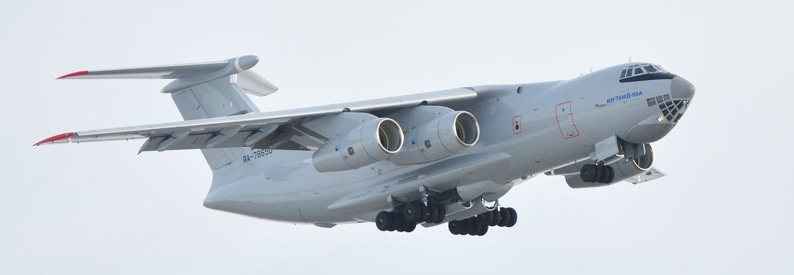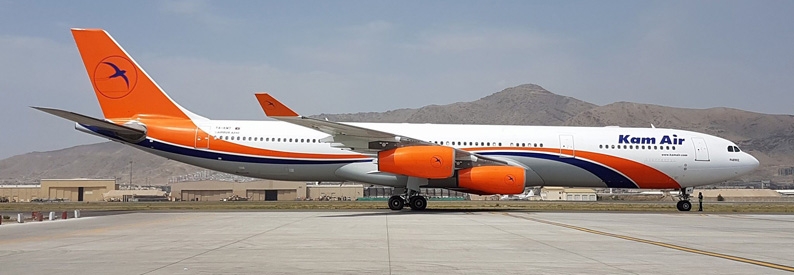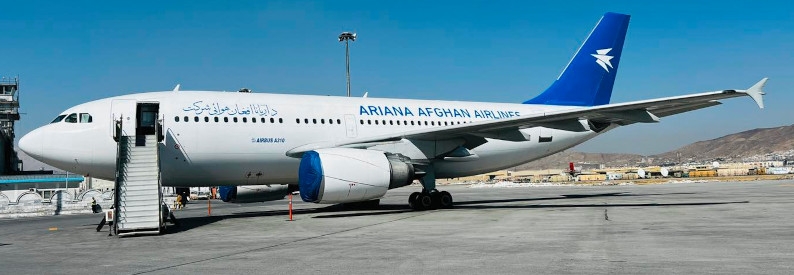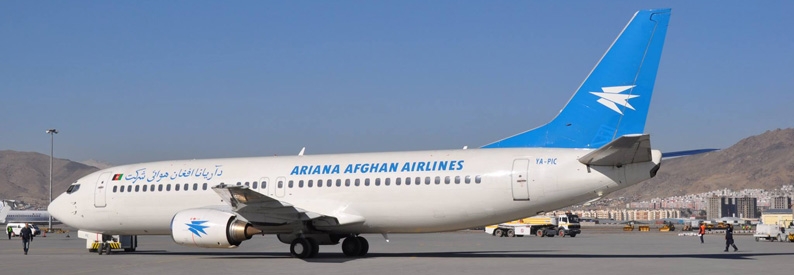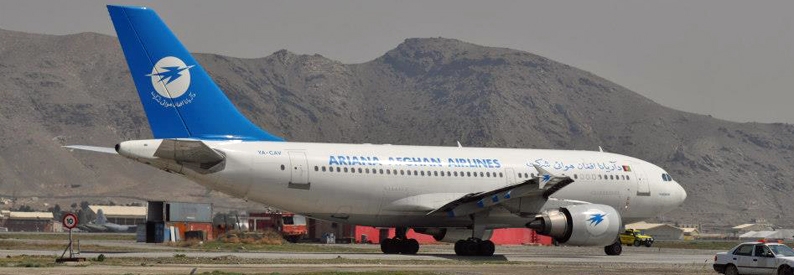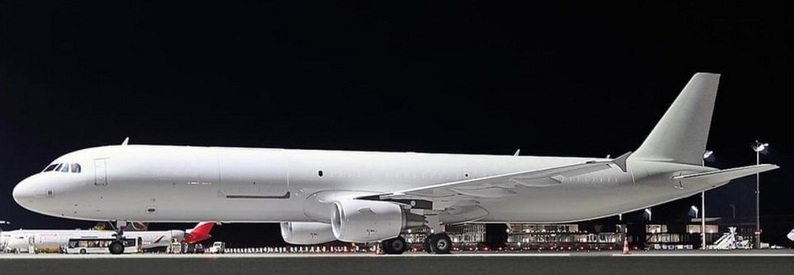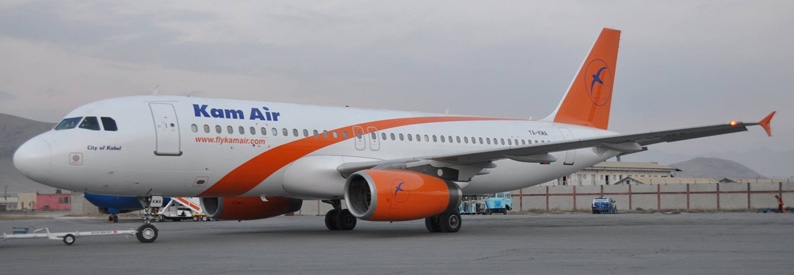Nearly two years after ordering airlines to avoid overflying Afghanistan, the United States relaxed its safety bulletins to allow overflights at or above flight level FL320 (32,000 feet).
On July 25, 2023, the US Federal Aviation Administration (FAA) issued NOTAM A009/23 implementing new rules affecting Afghanistan overflights. The regulator said it followed analyses by ICAO, with the input of the IATA. Thanks to a number of procedures implemented by the Taliban authorities, the FAA concluded that "US civil aviation operations in the Kabul FIR (OAKX) may resume at altitudes at or above FL320 due to diminished risks [...] at those altitudes".
The relaxation of the rule has a major impact on the industry. Since the hurried withdrawal of US troops in August 2021 and the rapid Taliban takeover, most international airlines have been bypassing Afghan airspace, adding substantial flight time on to Europe-Asia routes. As the importance of the southern route increased following the closure of Russian airspace to European and North American carriers, Central Asia has become even more crucial.
India's Economic Times daily reported that the actual resumption of flights over Afghanistan will still take at least a few weeks as procedures need to be drafted.
The US regulator said the safety situation below FL320 remains hazardous due to ongoing terrorist activity, lack of control by the Taliban forces, and ample weapon stockpiles scattered around the country.
"The Taliban, ISIS–K, and other violent extremist organisations likely had and potentially maintain access to a variety of weapons, including small arms, automatic machine guns, AAA, ATGMs, and UAS, posing an ongoing risk to civil aircraft during low-altitude flight operations, including the arrival and departure phases of flight, and while on the ground at targeted airports and airfields. Possible VEO use of shoulder-fired MANPADS also remains a concern," the FAA said.
The ongoing concerns about low-altitude flights cause a ban on the operation of US airlines, US-registered aircraft, and US-certified personnel over Afghanistan below FL320.
The European Union Aviation Safety Agency (EASA) recommends airlines avoid transiting Afghan airspace below FL320 but has not advised against flights at higher altitudes. The EU body's Conflict Zone Information Bulletins (CZIB) are advisory, and individual member states are free to impose other restrictions on their carriers.

